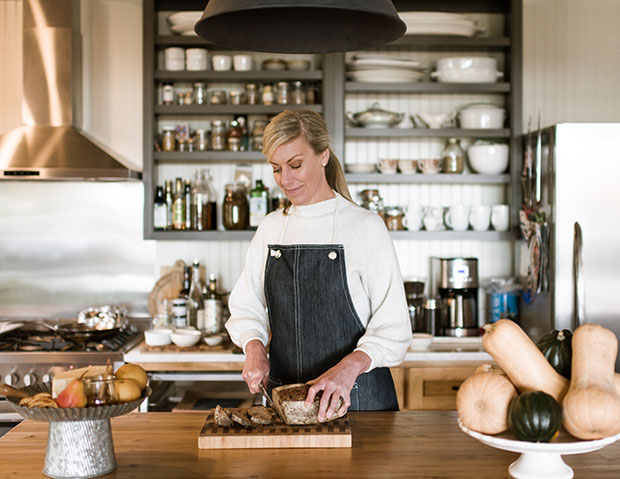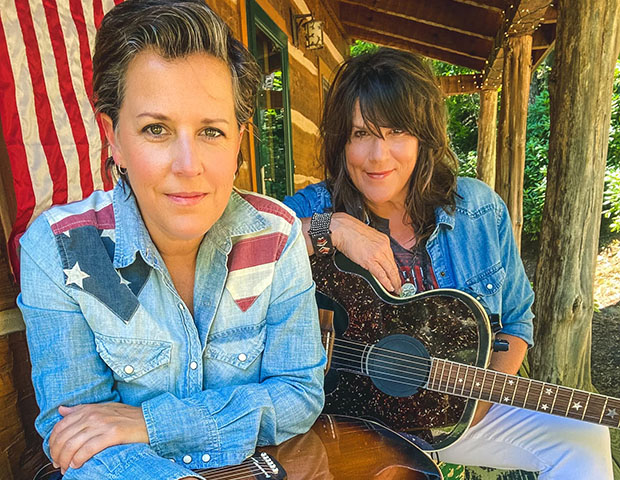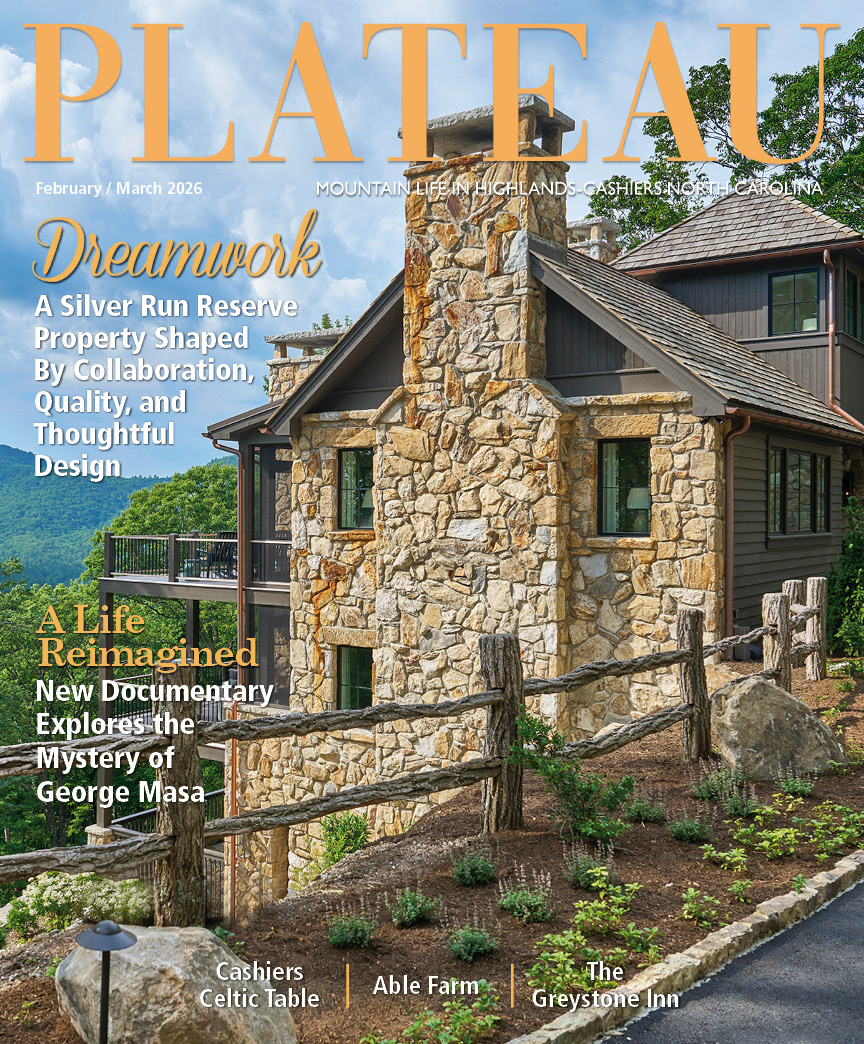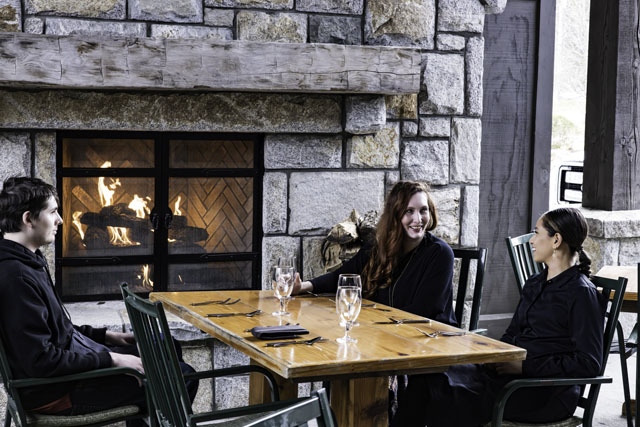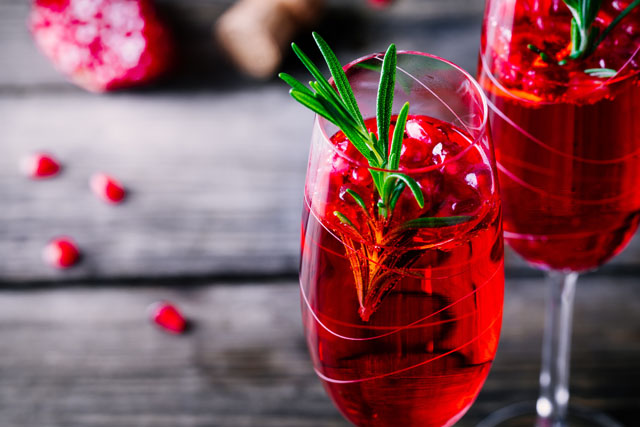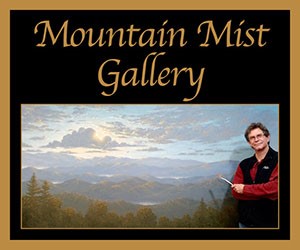Beginner’s Mind
04 Aug 2021
A mountain exploration into wine loving
Part two in a three-part series exploring viticulture and wine
By Kristin E. Landfield
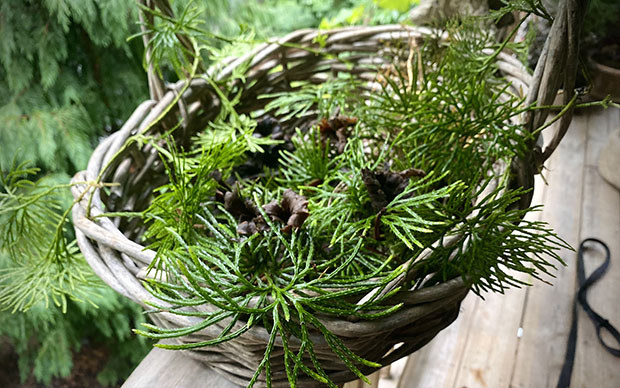
For Plateau Magazine’s June/July 2021 issue, I had the opportunity to begin an exploration into the world of wine with Davis Picklesimer of Highlands Wine Shoppe. At the heart of it, Davis’ ethos is to connect with people, understanding that preferences for wine are personal, shaped by individual experience and biology. Davis promotes an experiential relationship with wine rather than a cognitive exercise about wine. Each person’s preferences are valid, emerging from their unique biology and experience.
I came to the table as a neophyte. At best, I would enjoy a glass that was offered, thinking, “I’m not a wine person, but this is good.” The whole affair seemed too abstruse for me. It turns out that with Davis’ approach, there is some benefit to stepping into the water without any expectations. The Zen concept of “beginner’s mind” refers to having an attitude of openness with lack of preconception, regardless of how advanced one is on a given subject. Lack of expectation allows for a purer taste experience; this was easy for my undeveloped palate. Exploration of wine now feels more accessible, not merely an esoteric domain for connoisseurs. Since then, I’ve been considering wine from several perspectives. As with most things for me, some portion is viewed through my personal lens of horticulture, botany and love for the irrepressible vegetation that prevails over this region.
These evocative mountains color so much of life here that now I’m curious about regional wine. Our architecture is defined by granite, locust, cedar—rugged, montane features. Appalachian string music developed from ancestral customs paired with the wood and fibers available. Ingenuity and local resources determine cultural developments, food and drink included. Plants are among our richest local resources, especially here in the southern Appalachians, where the latitude, altitude and positioning of the peaks promote a staggering array of plant species, many having endured from a pre-glaciation era.
So much about this temperate region is the consequence of the cool mountain air and abundance of its vegetation. In terms of wine and spirits, of course, moonshine comes to mind, apple ciders and brandy; these days, craft beer and mountain-mint-infused cocktails. I think of old oak whiskey barrels and Carolina jug pottery used as vessels for drink. More recently, regional wineries have been building a local selection of wines that reflect the landscape in which they’re borne. In 2016, the Appalachian High Country was designated a discrete American Viticultural Area (AVA), spanning 2,400 square miles. Most distinctive about this region is its high elevation growing condition, increasingly appealing to wine enthusiasts. Just as the rainfall, elevation and granite dictate the abundant rhododendron and fernery, so do these conditions impact the development of the grape and harvest. The vintner’s term “terroir” captures the same concept as the horticulturist’s term “microclimate”—idiosyncratic features of a place that influence the phenotypic presentation of a plant—in this case grapevines. Few plant enthusiasts attend to these subtleties as closely as winemakers, for whom temperature, altitude and air circulation all shape the flavor in their bottle and brand.
I’m reminded to bring a beginner’s mind not just to my experience of wine, but to this region I’m so fortunate to enjoy. I sometimes take for granted the lavish vegetation covering these old mountains. They, however, are the constant, fundamental to life here. I make a mental note to ask Davis about pairings with trout caught in our spring-fed rivers. In last night’s soft summer rain, the mossy woods glowed. Mushrooms now bloom in the wake of the damp evening; the musk of the woods fills my morning walk. People describe certain wines as having an oak or woodsy aroma, flavor notes that I can’t quite access but are now clear in the arboreal scents of the wet woods. There is something dusky and deep, rather than bright or acerbic. To Davis’ point, I don’t need to know these specific notes to enjoy a given wine, but if I like fungi or umami tastes in food, I may want to try a wine that appeals to similar taste receptors. Appearing in the dense leaf litter under an oak, I see prized black trumpet chanterelles. It’s amazing how they materialize overnight. Grateful, I plan to return for harvest.
For those interested in learning more about regional wine and personal preferences, visit Davis and his knowledgeable staff: Highlands Wine Shoppe, located at 269 Oak St in Highlands. In late summer, the cool mountain air is its best pairing.

